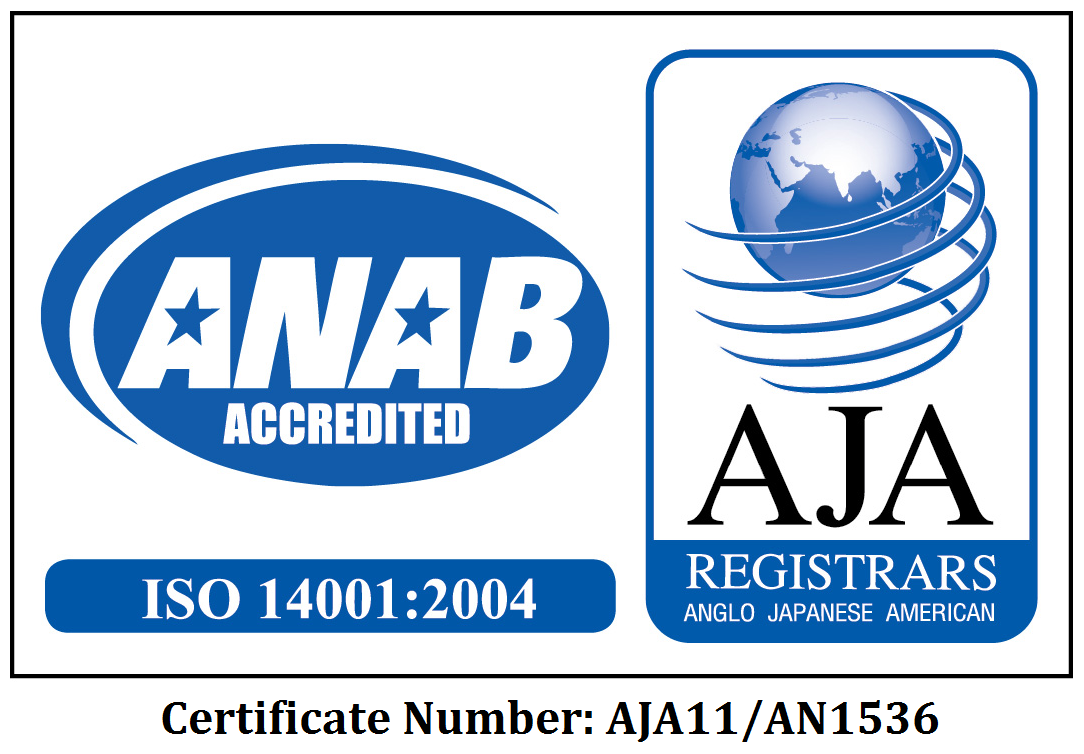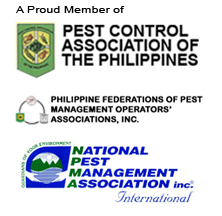“It is better to lose one minute in life…than to lose life in a minute.”
Scary as it may sound, but that is reality. Accidents do happen – anytime and anywhere. And our workplaces are no exception.
Bio-Tech Environmental’s Technical Supervisor, Don Johnson Neri, and Area Manager for North Luzon, Ebenezer Luman-ag, recently attended the Safe Work Practices (SWP) Training sponsored by Chevron Business and Real Estate Services (CBRES) last September 27 and 28, 2012. The two-day training was held at the CBRES Office in Makati City and was conducted by Engineer Elvin Aquino, CBRES Operational Excellence Specialist for Asia-Pacific.
The SWP Training highlighted occupational safety requirements and practices of Chevron and how these apply to all its business partners. The training was comprised of ten modules including topics on Hazard Identification Tools, Hazard Communication, Personal Protective Equipment, Working at Heights, Lockout/Tagout (LOTO), Electrical Safety, among others. Joining Bio-Tech Environmental are other contractors of Chevron Philippines.
Chevron’s dedication to safety can be summed up in its Tenets of Operation:
- Always operate within design and environmental limits.
- Always operate in a safe and controlled condition.
- Always ensure safety devices are in place and functioning.
- Always follow safe work practices and procedures.
- Always meet or exceed customers’ requirements.
- Always maintain integrity of dedicated systems.
- Always comply with all applicable rules and regulations.
- Always address abnormal conditions.
- Always follow written procedures for high-risk or unusual situations.
- Always involve the right people in decisions that affect procedures and equipment.
(From http://www.chevron.com/about/operationalexcellence/tenentsofoperation/)
On Bio-Tech Environmental’s part, as the Defender of the Modern Lifestyle, the SWP Training is very timely in its effort to standardize the company’s safety procedures through the OHSAS 18001. Hazards commonly encountered in the pest management industry, including termite control, here in the Philippines are exposure to chemical and biological hazards, e.g. toxic compounds, reactive hazards, dust, microbial contaminants from dead animals and excrements. These hazards must be properly identified and corresponding control measures must be established.
Through the Safe Work Practices Training, each participant has now realized that “there is always time to do it right” and “do it safely or not at all”.
Tagged with: Makati • OHSAS 18001 • pest control • Philippines • safety • training
Like this post? Subscribe to my RSS feed and get loads more!







Trackbacks/Pingbacks